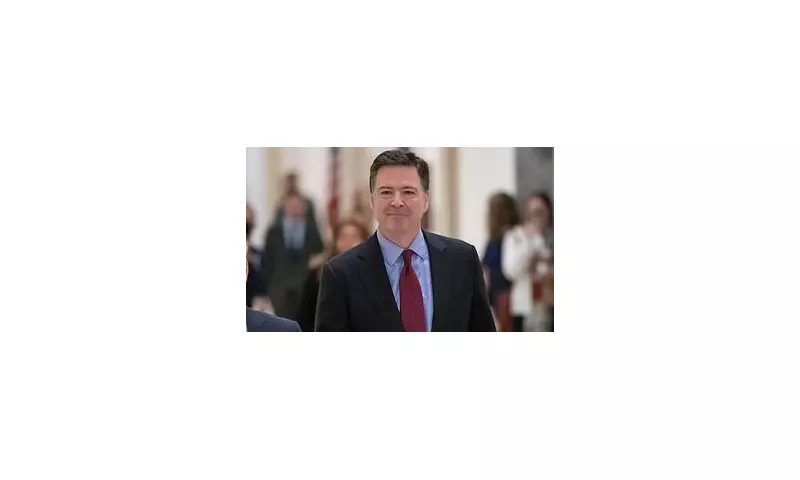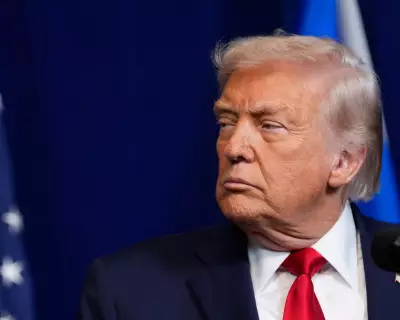
In a dramatic turn of events that has sent shockwaves through political circles, former FBI Director James Comey has been taken into custody and now faces serious criminal charges. The once-powerful law enforcement official, who previously occupied one of the most influential positions in American intelligence, found himself on the opposite side of the justice system he once commanded.
The stunning downfall of a Washington heavyweight
The arrest marks a remarkable reversal for the former FBI chief, whose high-profile tenure included overseeing the investigation into Hillary Clinton's private email server and the initial probe into Russian interference in the 2016 presidential election. Comey's abrupt firing by President Donald Trump in 2017 had already cemented his status as one of the most controversial figures in recent political history.
Legal proceedings begin
Comey was formally arraigned following his arrest, with prosecutors presenting an indictment detailing the specific charges against him. The courtroom proceedings drew intense media scrutiny and public attention, reflecting the extraordinary nature of a former FBI director facing criminal prosecution.
The development represents one of the most significant legal actions against a former high-ranking intelligence official in modern American history. Legal experts and political commentators alike expressed astonishment at the rapid unraveling of Comey's standing within the establishment he once served.
Political reverberations
The arrest has immediate implications for the current political landscape, with both parties carefully monitoring how the situation develops. Comey's controversial history with both Democratic and Republican administrations makes this case particularly sensitive in an already divided political climate.
Observers note that the timing of these developments could influence ongoing debates about the independence of law enforcement and the proper boundaries between political oversight and criminal investigation.
As the legal process moves forward, the case promises to remain at the forefront of political discourse, raising fundamental questions about accountability, power, and the rule of law at the highest levels of government.





